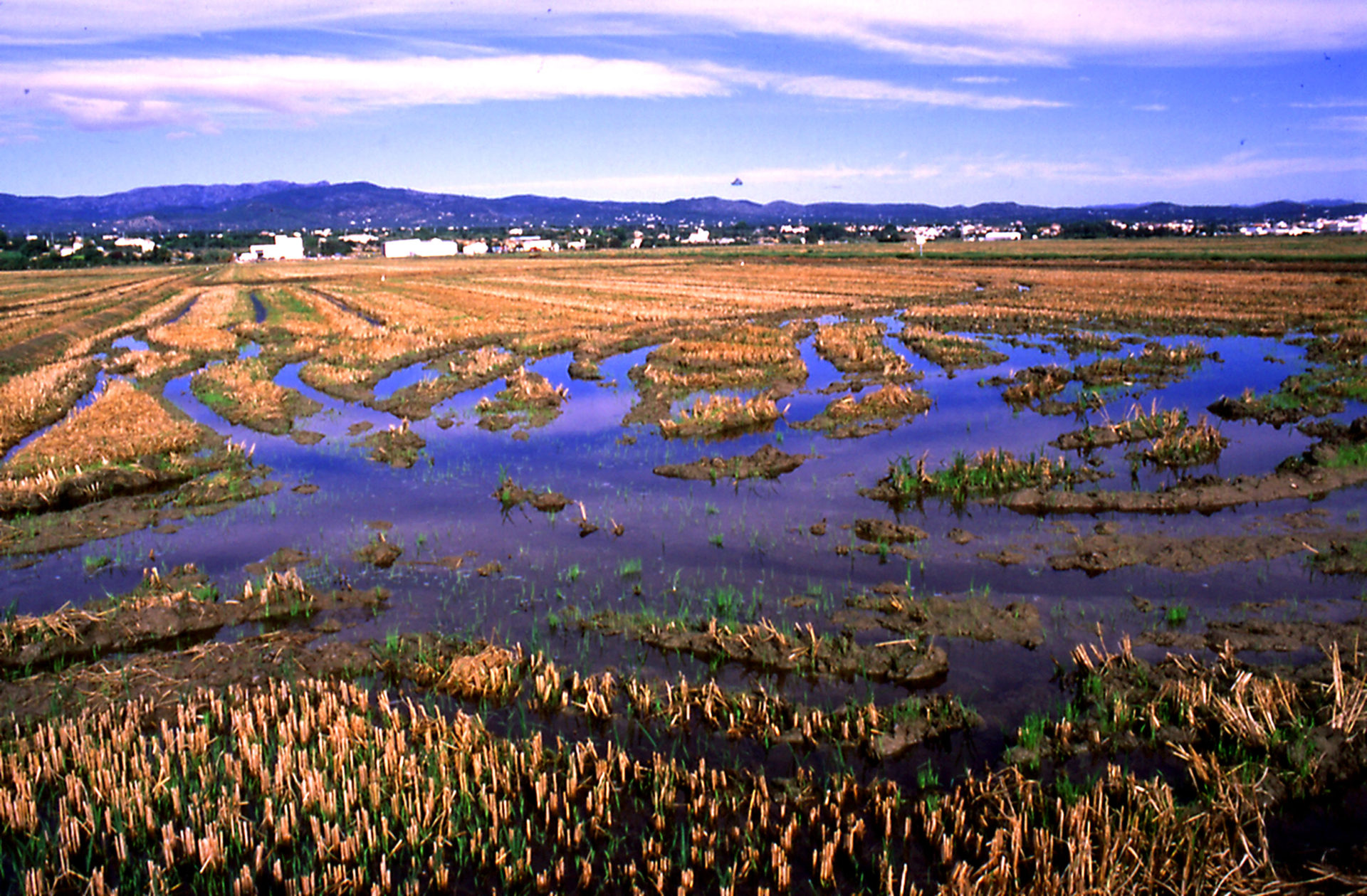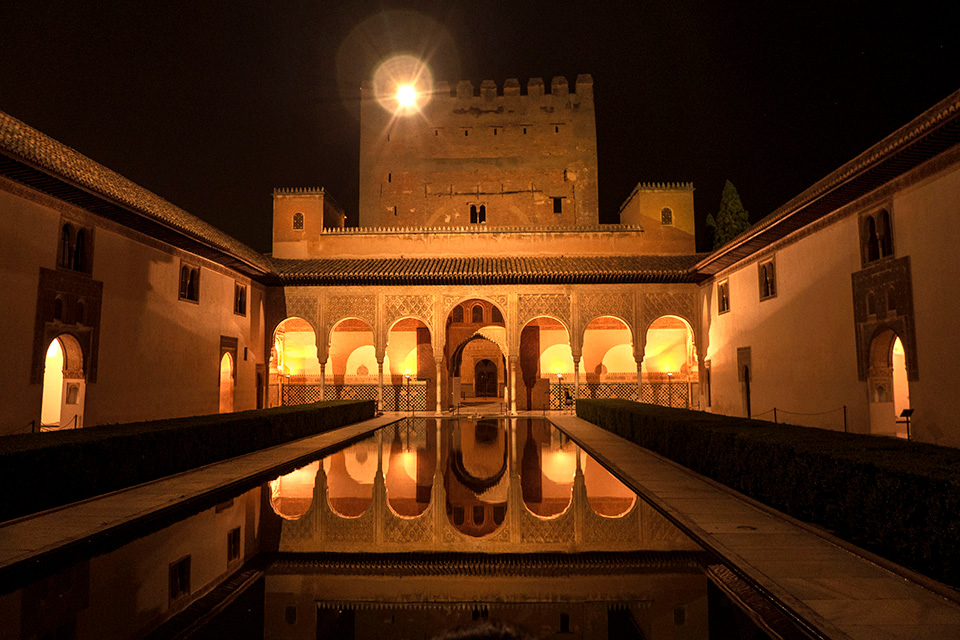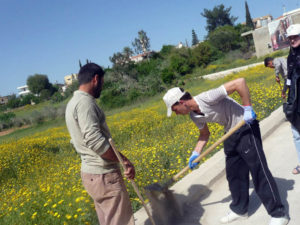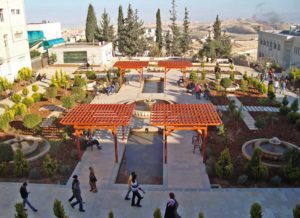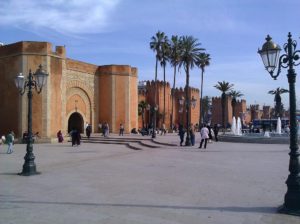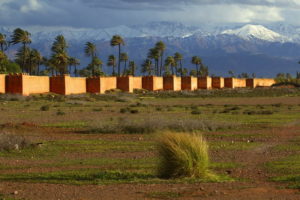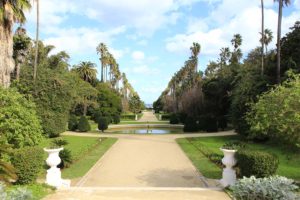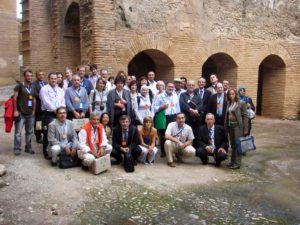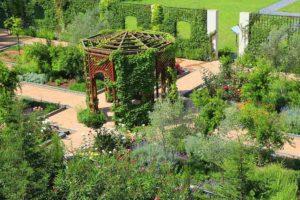Mediterranean Landscape Convention
In Med-O-Med we are working in four inter-connected areas: landscape, education and awareness, research and, lastly, networks and inventories. Our proposal ‘Middle East and Mediterranean Landscape Convention’ may be considered the project that unites the greatest number of components from all four areas. Public understanding of what constitutes the landscape has changed much over time. Nowadays […]
In Med-O-Med we are working in four inter-connected areas: landscape, education and awareness, research and, lastly, networks and inventories. Our proposal ‘Middle East and Mediterranean Landscape Convention’ may be considered the project that unites the greatest number of components from all four areas.
Public understanding of what constitutes the landscape has changed much over time. Nowadays the word ‘landscape’ is not limited to the aesthetic concept of natural scenery, but rather it includes human physical and social activity in its approach. Consequently, landscape now becomes a broader concept and a key management tool in the building of sustainable models of handling land. Our Convention proposal covers the approximately 500 million inhabitants of the Southern Mediterranean, Middle East, Spain and Portugal. It is as much directed at consolidating the legal framework that regulates the protection, study, management and ordering of the landscape, as it is directed to fomenting awareness and education in these areas.
Recently two programme collaborators made presentations in Cordoba and Florence showing the progress of Med-O-Med in relation to our Convention proposal.
Cultural landscapes as one of the hinges of land management
The researcher and FUNCI collaborator Sara Martínez Frías (University of Cordoba) has taken part in the VI International Ethnobotany Congress, 17-21 November, in Cordoba. This was structured around three axis subjects – including cultural landscapes. The Congress also included Cordoba outings, and a ‘show cooking’.
Sara Martínez is author of ‘Inventario de Instalaciones de Diversidad Vegetal’ (‘Inventory of Installations of Vegetable Diversity‘), which she wrote for the Med-O-Med network and which is available on our web page. In her slot she made the formal presentation of ‘Med-O-Med Inventory of Cultural Landscapes of the Mediterranean and Middle East’. The objective of this research has been to make a systematic inventory of material from landscapes that were previously not studied, and in this way to increase knowledge about natural and cultural landscapes in the area. To achieve this it was necessary to define criteria and inclusion indicators for the inventory, which resulted in the creation of a classification system that encompassed the great variety of landscapes present in the Med-O-Med area.
Eighty five elements have so far been identified, including desert landscapes, landscapes of spiritual significance, landscapes of archaeological importance, landscapes with ancient irrigation systems, and figures of spiritual and protection significance such as ‘al-Hima’ or natural reserves, among others.
In the face of the lack of information on these cultural landscapes of the Southern Mediterranean and Middle East, this research brings information about how the Islamic culture relates to nature.
This inventory is ongoing and organic, it is an open process and we welcome your contributions and suggestions.
Middle East and Mediterranean Landscape Convention
This investigation is based in part on the need to make an inventory of the heritage of the Med-O-Med area, and for this to serve as a base for the Middle East and Mediterranean Landscape Convention, similar to the ‘European Landscape Convention’, initiated by the Council of Europe and active since 2005.
With the objective of presenting this important initiative our collaborator Monica Luengo, landscaper and President of the ICOMOS-IFLA International Scientific Committee on Cultural Landscapes, made a contribution the past November 13th to the 18th General Assembly of ICOMOS in Florence.
Her presentation was included in the workshop entitled ‘The international protection of landscape: regional initiatives and global coordination’. It brought together proposals oriented at fomenting international cooperation in this area, in the face of global challenges. The landscape approach offers numerous options to meet global environment challenges (climate change, water culture, access to water, etc.) and in this way to create environments that are more adaptable and resistant.
There is currently no global convention that treats landscape in the context of daily life. For this reason our efforts are concentrated on consolidating regional strategies that link cooperation between governments and local economies, and between the public and private.
In this context the Middle East and Mediterranean Landscape Convention proposes the creation of a regional structure for the awareness and understanding of territory management and ordering. This concept would cover two areas: firstly economic and social development such as the protection of patrimony and the environment, and secondly a better management of natural resources and materials. An important element in this Convention would be to give weight to the traditional methods already in use, and so to achieve sustainability by natural methods, and in this way to better the lives of the inhabitants, and thus decreasing poverty.


